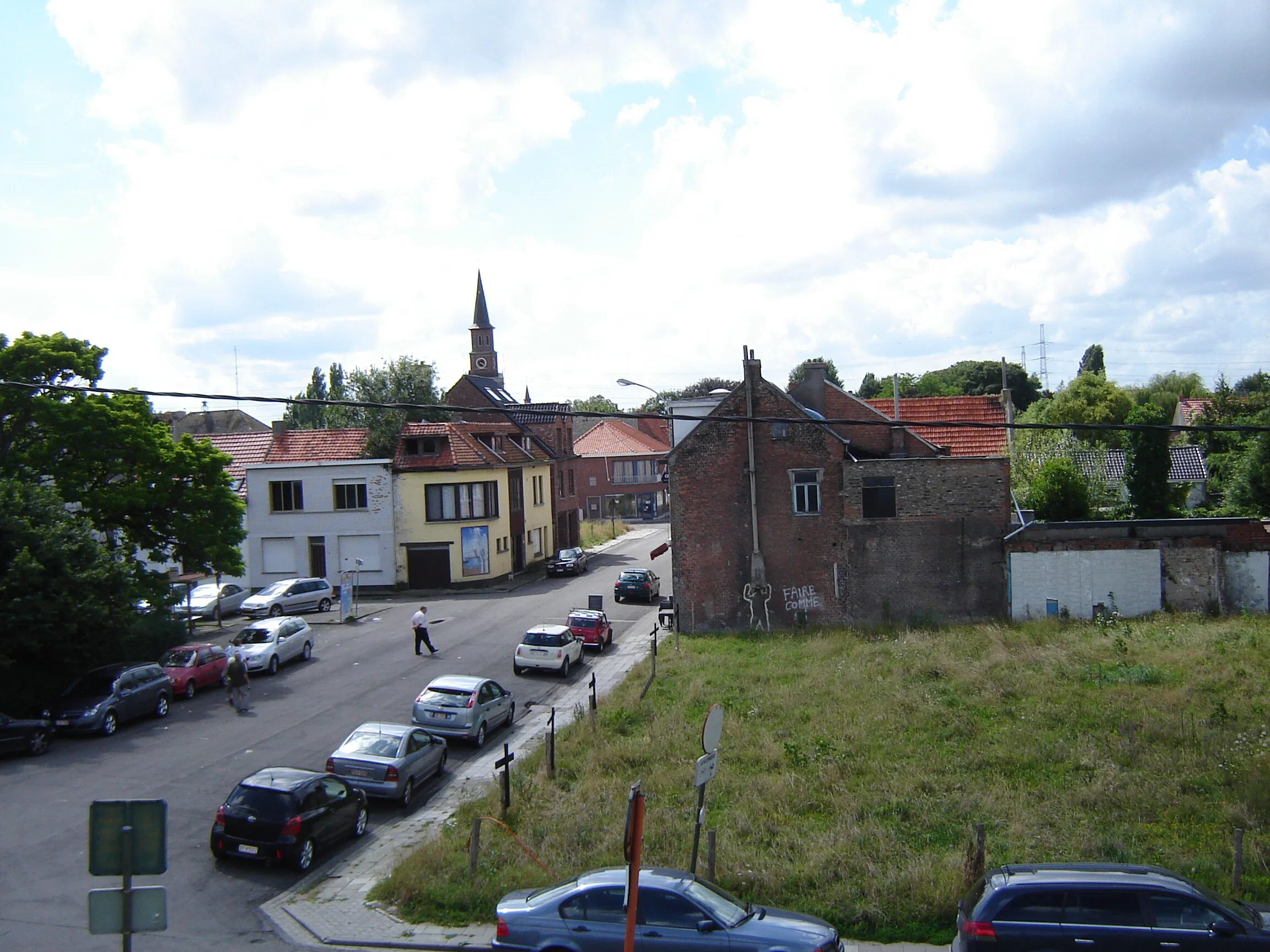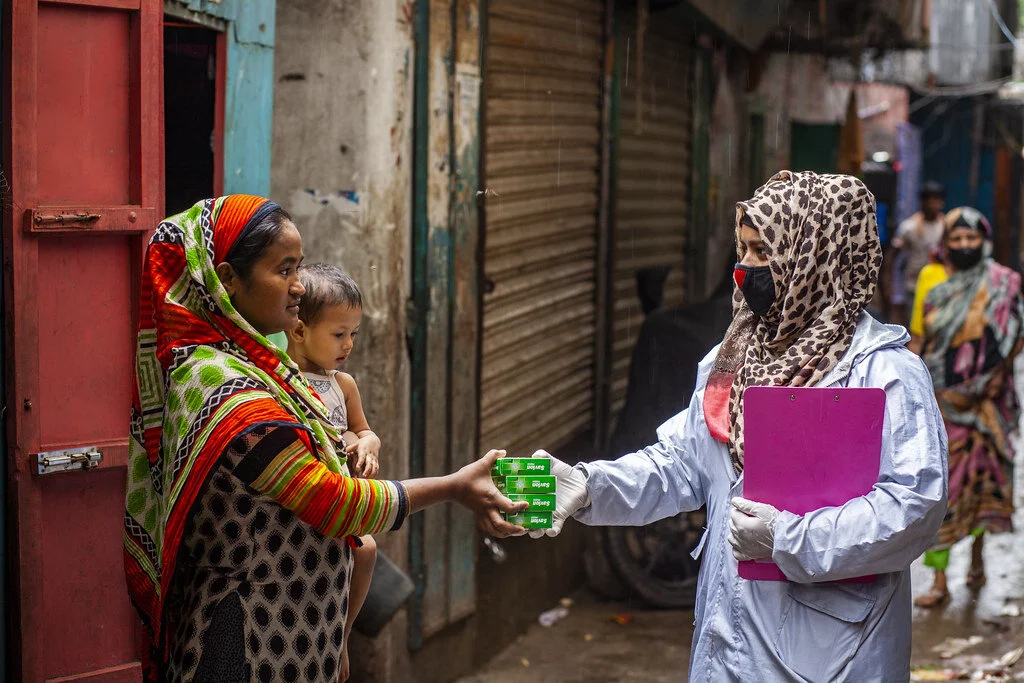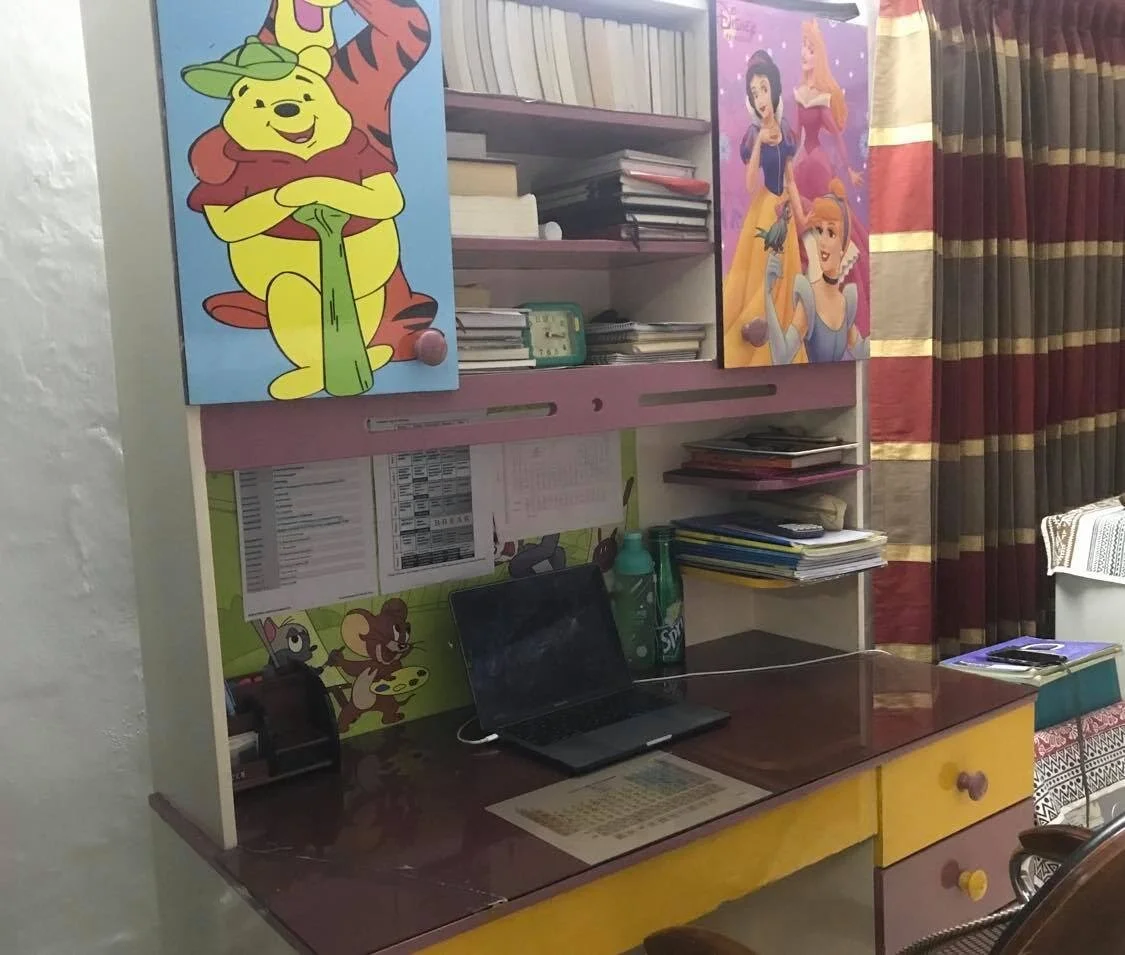Of the 206 countries planning to participate in the 2020 Tokyo Olympics, North Korea is the first to announce that it will not attend the event due to the ongoing coronavirus pandemic. According to The Associated Press, the country’s decision, which was released on a government-run website, was made to protect its athletes from COVID-19.
Senegal erupts in protests after the arrest of the opposition leader
In the past few weeks, protests have spread across Senegal, spurred by the arrest of the opposition party leader Ousmane Sonko. Sonko was arrested for rape, a charge many consider false and politically motivated given that the current head of the Senegalese government has a history of creating legal charges to suppress opponents. Despite this, In 2019, Senegal was categorized as one of the most democratic countries in Africa by the Economist Intelligence Unit.
Murder sparks conversation on anti-LGBTQ+ sentiment in Belgium
Early in the morning on Saturday, March 6, the body of 42-year-old David Polfliet was discovered in a park in Beveren, Belgium. According to a report in the Flemish newspaper De Standaard, a 17-year-old turned himself in to the police, who later arrested him, a 16-year-old and another 17-year-old as the perpetrators of Polfliet’s murder. The group used a dating app to lure Polfliet to the park. It remains unclear at this time if the trio intended to murder Polfliet or to physically abuse him.
COVID-19 brief
There had been 132,775,013 cumulative cases of the COVID-19 virus across the world as of April 7, 2021. The United States continues to lead this number with 30,907,352 confirmed cases — the highest in the entire world. As vaccinations become more accessible and cases continue to rise, inequities in treatment and testing continue to exacerbate the health crisis.
Regional responses to COVID-19 change over year
Snowball is inaccessible to international remote learners
Over the past year, the meaning of a normal college experience has changed drastically. What was supposed to be a time of meeting new people and making memories has transformed completely. The online college experience is devoid of interaction with peers beyond an educational setting, which is negatively impacting many students.
Global COVID-19 counter
Israeli Prime Minister Begins Trial
Benjamin Netanyahu, Israel’s longest-serving prime minister, is facing charges of fraud, bribery and breach of trust, to all of which he is pleading not guilty. The trial, which began in 2019, recommenced on Monday, Feb. 8, a month before the country’s next election. Netanyahu, who has been in power for over 14 years, is facing criticism for his handling of the COVID-19 pandemic, along with his right-wing ideology.
Former Nazi secretary tried for murder of thousands 70 years after the fact
The German government prosecuted a former Nazi secretary for being an accessory to the murder of more than 10,000 people in concentration camps during World War II. Although there is no evidence of the defendant’s specific involvement in these deaths, she is being tried for her role in the operation of the concentration camps, the functioning of which led to the murder of thousands.
Celebrating Lunar New Year
China Night is an annual event held by the Chinese Cultural Association to celebrate the Lunar New Year, also known as the Spring Festival, with song and dance. In past years, it has been an evening of food, music and community. Because of the need for social distancing and remote formats for large events this year, however, the CCA directed students to watch the live CCTV Spring Festival Gala, a variety show broadcast on the eve of the Lunar New Year featuring an array of performances. The CCA posted traditional Chinese customs on Instagram while the Spring Festival Gala aired.
Environmental Changes in Africa Related To Globalization Policies
Two recent environmental developments in Africa have highlighted the role that farmers may play in sustainability for the continent. Levels of pollutant gases have lowered in areas, and a recent lawsuit in favor of local farm owners appears to signal a renewed sense of urgency around the issue of climate change.
Myanmar Falls Back Under Military Rule After a Decade of Democracy
In an effort to fight alleged voter fraud in the country’s general elections, the Myanmar military has staged a coup, detaining their ruler Aung San Suu Kyi and other members of her party, the National League for Democracy. On Monday, Feb. 1, the military, officially known as the Tatmadaw, declared a yearlong state of emergency. The country’s power is now in the hands of army official Senior General Min Aung Hlaing.
Protests Break Out in Russia Against the Jailing of Aleksei Navalny
Tens of thousands of Russians have rallied to demand the release of jailed opposition leader Aleksei A. Navalny.
Protests initially broke out on Jan. 23 from civilians voicing widespread disappointment with the current government, which Russian President Vladimir Putin has presided over for almost two decades. The rallies continued to grow throughout the following week and spread across the nation despite a large police presence and state threats of jailing, according to The New York Times.
Worldwide COVID-19 Cases Continue To Rise
By Sophie Soloway ’23
Global Editor
As of Tuesday, Feb. 9, at least 2.3 million people worldwide have died from the COVID-19 pandemic. Global cases are currently rising at the fastest rate yet.
The United States has the most cases globally at over 27 million. India (with approximately 10.8 million total cases) and Brazil (with about 9.5 million) have the second and third highest totals, respectively. However, cases continue to fluctuate across the globe.
Cases in Montenegro have spiked in the past week, and now the country has the highest daily average cases per capita with 85 cases per 100,000 citizens. The Turks and Caicos Islands and Israel fall shortly behind with 72 and 71 cases per 100,00 citizens, respectively. To combat these high statistics, Israel is currently pursuing mass vaccination distribution, leading globally with approximately 23.4 percent of the country already fully vaccinated.
However, this high vaccination rate has not yet reached occupied Palestine. Human Rights Watch reports that Israel has dodged Geneva Convention responsibilities to distribute medical supplies, leaving the Palestinian people with few resources to combat COVID-19. There are currently over 163,000 total cases in Palestine.
On the other end of the spectrum, countries such as Mainland China, New Zealand and Australia have continued to report some of the lowest COVID-19 infection rates, each with less than one case per 100,000 citizens.
Guatemalan Security Forces Block Honduran Migrants
Guatemalan police and military forces attempted to block 4,000 Honduran migrants from heading north toward Mexico and the U.S. border on Jan. 17. The group confronted a caravan of migrants on a highway in southeastern Guatemala. The police tried to force back the migrants with batons and tear gas but were unsuccessful, as the Honduran migrants broke through them.
Tunisian Protests Sparked on Arab Spring Anniversary
On Jan. 15, protesters took to the streets in Tunis, the capital city of Tunisia. Just under two weeks later, demonstrations have spread to at least 15 locations in the country. Protesters, reportedly organized by left-wing and human rights groups, have made broad demands for economic aid and an end to political corruption. They have been met with an enforced lockdown, widespread arrests and public acknowledgment of economic strife by political leaders.
Thai Monarchy Makes Anti-Defamation Arrests
Anchan Preelert, a 63-year-old Thai woman, was sentenced to 43 years in prison for alleged defamation against the monarchy of Thailand on Jan. 19, 2020. The former government official was first arrested in 2015 under the lese-majeste law for posting defamatory content on social media sites, according to The Guardian. The use of this anti-defamation law and the timing of the sentencing draws attention to the government’s reaction against the protests that have been sweeping the country.
Farmer Protests in New Delhi
Pictured above: India protest 2020. Photo courtesy of Wikimedia.
By Aditi Parashar ’22
Staff Writer
Tens of thousands of farmers from around India made their way to New Delhi 11 days ago, cutting off almost all entry points into the capital, according to The New York Times. The Dilli Chalo (“Let’s go to Delhi”) march is a protest against three agricultural bills passed in September 2020 that aim to make changes to the farming system and threaten the way 146 million farmers in India do business. According to the BBC, the protesters arriving in Delhi were accosted with water cannons, tear gas and violence by many paramilitary and police forces who tried to hold them back.
The reforms would change key aspects of how produce is sold, priced and stored. The new policies would replace the Mandi system in which the government heavily regulates the prices at which agricultural products can be sold. While the Indian government claims that these reforms are necessary to salvage the agriculture industry, many of those employed by the industry — 40 percent of the workforce — quickly began to protest the changes.
The government has said that the new regulations will provide opportunities for farmers, with Indian Prime Minister Narendra Modi calling it a “watershed moment.” He also said that the new laws provide farmers more autonomy to set their own prices as well as to sell directly to private businesses, reported CNN.
The farmers, however, remain adamant that the new laws are anti-farmer and pro-corporation by subjecting the farmers to the free market from which they have been protected for decades.
Mewa Singh, one of the many protesters, told The New York Times, “Our land is our mother. It was passed on to us from our parents, who got it from their parents, and now Modi wants to acquire it and give it away to his rich friends.”
According to the Indian Express, the protesters want the government to either repeal their newly passed legislation or guarantee farmers a minimum support price for their crops by passing new legislation.
The minimum support price is one of the biggest support structures to farming in India. It aims to set a guaranteed minimum price for commodities by farmers no matter the market conditions, which protects the community from fluctuations in price and imperfections in the market.
Economists as well as agricultural experts have shown support for the farmers’ demand for a minimum assured price mechanism. Devinder Sharma, an independent agricultural expert, told The New York Times, “There is no evidence in the world where the market price has benefited farmers.”
Additionally, farmers believe that the new laws “will open agricultural sale and marketing outside the notified Agricultural Produce Market Committee (APMC) mandis for farmers, remove the barriers to inter-state trade, and provide a framework for electronic trading of agricultural produce,” according to the Indian Express. However, since state governments will be unable to procure market fees outside of the APMC market systems, farmers are afraid that this will end the current system, leaving them at the mercy of corporations that are then free to exploit them and their production capabilities.
Many critics are apprehensive about how formal contractual obligations will work in the public arena due to the unorganized nature of the agriculture sector. Critics fear that farmers will be locked into contracts out of necessity and face a lack of resources for legal proceedings with major private corporations, found The Hindu.
“I don’t believe anyone is buying the idea that these bills exist to help the farmers,” Kusha Chopra ’21 said. “The farmers are smart and know that the bills have been passed in Parliament to fill the never-ending greed of our dear prime minister’s friends. To leave an already complicated sector which sees so many suicides due to debt and unemployment at the hands of large corporations and [at the] behest of the free market is openly careless and foolish.”
Since the farmers have arrived in Delhi, there have been a series of talks between them and the government. As of Dec. 9, no resolution has been reached.
“I think it is extremely sad, not only the way the farmers are having to fight for their livelihood in a country that thrives because of them, but also the way the government and its lapdog media has tried to discredit their hardships and movement,” Shreya Nair ’22, a Mount Holyoke student from India, said. “To call peaceful protesters, who are the reason you have food on your table, terrorists and anti-national on national television has [been] a new low, even for our sell-out media outlets,” Nair added.
The protesting farmers now have huge camps around Delhi’s border and are prepared to stay. They said they will not leave before the government repeals the “black law,” reported the BBC. The protesters say they are “prepared for a long battle — with trolleys full of rice and grains, and pots and pans to cook their own food,” the BBC continued.
Cuban Government Refuses To Conduct Talks With Dissenting Artists
Photo courtesy of Wikimedia.
By Madhavi Rao ’24
Staff Writer
Cuba experienced a rare expression of dissent from the public in the 21st century on Friday, Nov. 27. About 300 artists and activists gathered outside the Cuban Ministry of Culture to protest the imprisonment of Denis Solís Gonzáles, a member of the dissenting San Isidro Movement. A few of the collected protesters who were challenging the violation of artists’ freedom of expression in the country were invited to have a dialogue with government officials. However, later in the week, the Cuban government made it clear that communication would not continue.
Gonzáles was imprisoned for his comments against a police officer who broke into his home, describing him as a “chicken in uniform,” triggering protests, according to The Washington Post. On Nov. 9, Gonzáles was detained and sentenced to eight months in a maximum security prison for the crime of “contempt,” as reported by Amnesty International. Erika Guevara-Rosas, the Americas director of Amnesty, said, “No one should be imprisoned for ‘contempt’ against a public official, a provision of the criminal code that Amnesty International and other human rights organizations have consistently called on the Cuban authorities to repeal.”
Gonzáles’ imprisonment was met with outrage from the rest of the SIM, a collection of artists, academics, journalists and musicians who actively resist the Cuban government. Founded in 2018 by Luis Manuel Otero Alcántara, the movement was created to fight the oppressive communist government in Cuba. Following Gonzáles’ arrest, the SIM assembled together to protest, ultimately resulting in a hunger strike against the violation of their civil liberties. According to Al-Jazeera, on Thursday, Nov. 26, the SIM headquarters were raided by police, who cited COVID-19 restrictions.
“The recent protests are remarkable, considering the authoritarian government’s tight controls on dissent,” Maahi Jaiswaal ’24, an economics and politics double major who has lived in Cuba, said. “With the little that I remember about living in Cuba, I can affirm that art and dance was a major aspect of Cuba’s rich culture. It is apt that the artists behind the art are due freedom of expression in their profession, and with the way that the world is progressing, the Cuban authorities should look into their demands before the talent has to be forcibly removed,” Jaiswaal added.
The protest was attended and supported by many famous artists and performers in Cuba.
Along with the release of Gonzáles and other jailed protesters, the crowd demanded the government respect their freedom of expression. This is in light of laws such as Decree 349, which prohibited artists from performing in public or private spaces without the approval of the Ministry of Culture, per a statement released by Amnesty International. The censorship decree essentially decides who qualifies as an artist and who doesn’t.
Initially, the government had agreed to listen to the protesters’ demands on Nov. 27, with officials agreeing to review Gonzáles’ case and hold future talks to understand the artists’ frustrations. However, at a rally on Nov. 29, Cuban President Miguel Díaz-Canel described the protests as an “imperialist reality show,” saying that the protests were led by the United States. The culture ministry similarly defaulted on its promise, saying it would “not meet with people who have direct contact and receive financing, logistical support and propagandistic backing from the U.S. government,” according to Reuters.
Lisett Bonilla ’22, an international relations and economics double major, said of the issue, “I believe this is a crucial time for Cuban society. Freedom of expression is essential to everyone and a human right.” She went on to describe how the situation could be improved, saying, “I urge U.S. institutions to support these artists who are opposing the grip of an authoritarian system. Cuba is also going through an economic crisis and ignoring these issues can have horrible repercussions for Cuban society overall as well as its relations with the U.S.”
Scotland Becomes the First Country To Make Sanitary Products Free
Pictured above: Scottish Parliament. Photo courtesy of Wikimedia.
By Jocelyn Zhou ’23
Staff Writer
Scotland passed the Period Products Free Provision Bill on Nov. 25, 2020, to make sanitary products free to all who need them.
As The New York Times reported, under this legislation, the government will set up a countrywide initiative in collaboration with local authorities to allow anyone who needs period products to get them free of charge.
The bill aims to tackle the issue of “period poverty,” which refers to the inadequate access many have to sanitary products when they need them.
People who experience menstruation often regard it as a difficult experience because of poverty, homelessness, abusive relationships and some health conditions, according to The New York Times. Gender identity is also a barrier to access, as some transgender people cannot obtain sanitary products, especially given that they are statistically more likely to experience poverty, according to a report by the National LGBTQ Task Force. According to The Guardian, these disparities have only increased during the COVID-19 pandemic.
“I think this is great support for low-income [people] who can’t afford sanitary products,” Gerel Battogtokh ’21, an international relations major, said.
“I believe everyone who is in need of daily necessities like disposable sanitary products should have access to it,” Jamie Day ’22 said. “Making it free will stop users from having to compromise [for] their health and overall comfort.”
The Period Products (Free Provision) (Scotland) Bill requires local authorities and education providers to ensure period products are obtainable free of charge. The bill’s financial memorandum states that “it is intended to remove any barriers which stop women, girls and trans people accessing period products.” However, it will be up to local authorities to decide how and to whom these resources are made available — a discrepancy that may allow transphobia to make this distribution inaccessible.
According to NPR, the Scottish government has estimated the measure will cost 24 million pounds (about $32 million) a year.
After the vote, Nicola Sturgeon, Scotland’s first minister, remarked on Twitter, “Proud to vote for this groundbreaking legislation, making Scotland the first country in the world to provide free period products for all who need them. An important policy for women and girls.”
Two years ago, Scotland made another first by providing free period products in schools, colleges and universities through a government program.
“This can be really a good example for other developed countries [on] how to help marginalized women. [The] next step would be free contraception products,” Battogtokh said.
In response to the bill’s passage, Mount Holyoke students reflected on their experience of obtaining free sanitary products in school.
“I have seen free access to sanitary products provided in the MHC bathrooms and appreciate the College’s efforts in making sanitary products available to everyone. MHC seems to be aware of the different backgrounds of each student and [evens] the [gap] in terms of availability to resources, and I admire that,” Day said.















